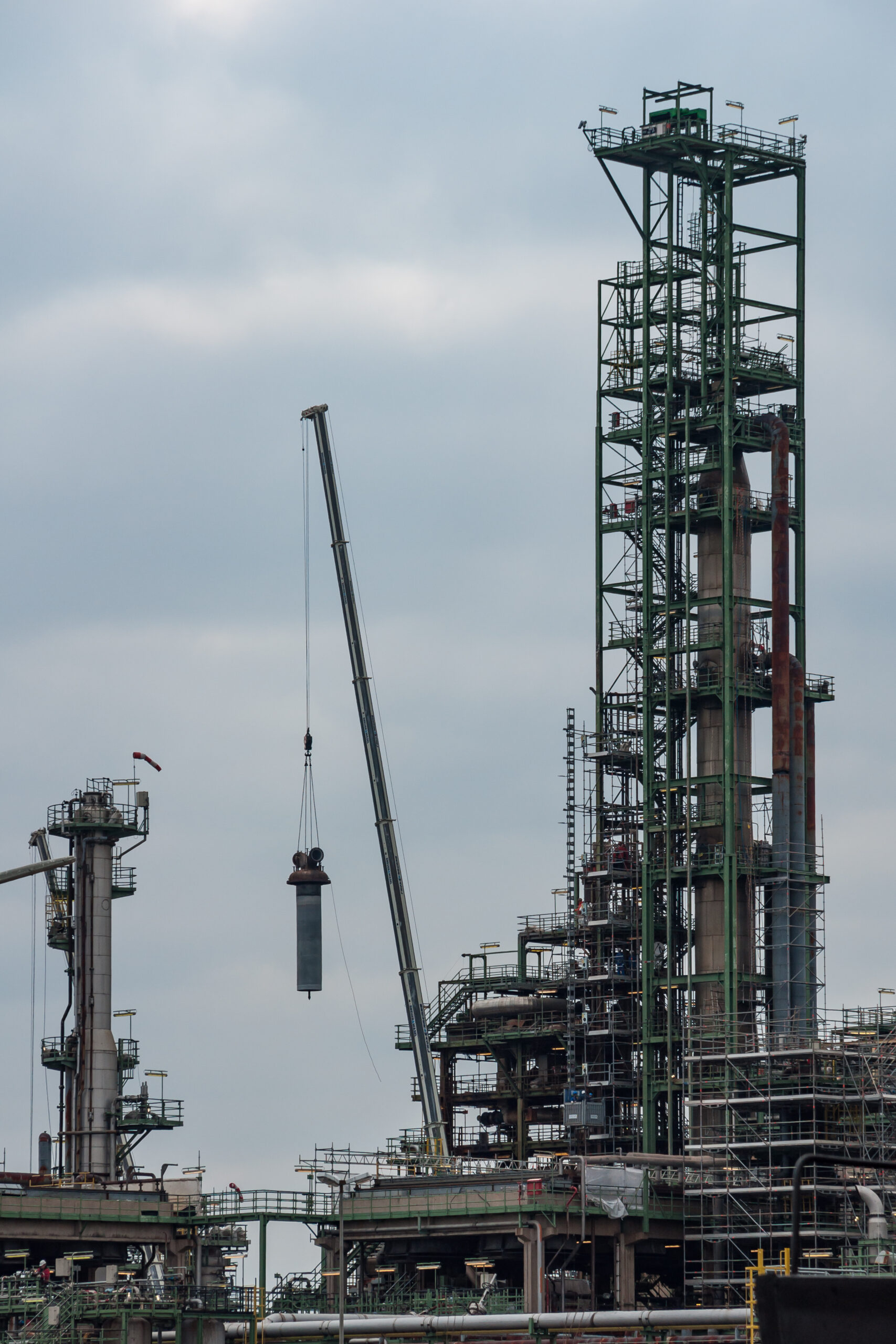The petrochemical industry plays a significant role in shaping the global economy, providing raw materials for various industries such as plastics, chemicals, fertilizers, pharmaceuticals, and more. As we look towards the future, it is vital to consider the environmental impact of this industry and explore potential prospects for sustainable development.
1. Climate Change Concerns
The petrochemical industry contributes to climate change primarily through greenhouse gas emissions. The extraction, refining, and processing of petroleum-based resources release carbon dioxide (CO2) and other greenhouse gases into the atmosphere. These emissions contribute to the enhanced greenhouse effect, leading to global warming and its associated consequences such as rising sea levels and extreme weather events.
However, the future prospects of the petrochemical industry provide an opportunity for mitigating these concerns. Embracing technological advancements, such as carbon capture and storage (CCS), can help reduce CO2 emissions. Additionally, investing in research and development of cleaner and more sustainable alternatives can pave the way for a greener petrochemical industry in the future.
2. Plastic Waste Management
One of the most significant environmental challenges associated with the petrochemical industry is plastic waste. Plastics derived from petrochemical feedstocks are durable, versatile, and commonly used in numerous applications. However, improper disposal and inadequate recycling infrastructure have led to mounting plastic pollution worldwide.
The future prospects of the industry lie in adopting a circular economy approach, emphasizing recycling, reusing, and reducing plastic waste. Implementing effective waste management strategies, improving recycling infrastructure, and encouraging the use of biodegradable and compostable alternatives can significantly reduce the environmental impact of the petrochemical industry.
3. Shift towards Renewable Resources
To ensure a sustainable future, the petrochemical industry must gradually transition from fossil fuels towards renewable resources. Emphasizing the development and utilization of bio-based feedstocks can mitigate environmental risks associated with conventional petrochemical production.
Bio-based feedstocks, derived from renewable sources such as biomass and agricultural waste, offer a promising alternative. Investing in research and development to improve the efficiency, scalability, and competitiveness of bio-based technologies can lead to a more sustainable and environmentally friendly petrochemical industry in the future.
4. Collaboration and Regulatory Measures
Achieving a greener petrochemical industry requires collaboration among various stakeholders. Governments, industries, academia, and civil society must work together to establish and enforce stringent environmental regulations. These regulations should focus on reducing emissions, promoting sustainable practices, and encouraging innovation in the sector.
Furthermore, fostering partnerships between companies, sharing best practices, and promoting transparency in reporting environmental footprints can accelerate the shift towards sustainable practices in the petrochemical industry.
Conclusion
The petrochemical industry is at a crucial juncture, where future prospects must prioritize environmental sustainability. By addressing climate change concerns, effectively managing plastic waste, transitioning towards renewable resources, and fostering collaboration, the industry can minimize its impact on the environment.
As nations and industries move towards a greener, more sustainable future, it is essential for the petrochemical industry to play its part in ensuring a healthier planet for generations to come.





